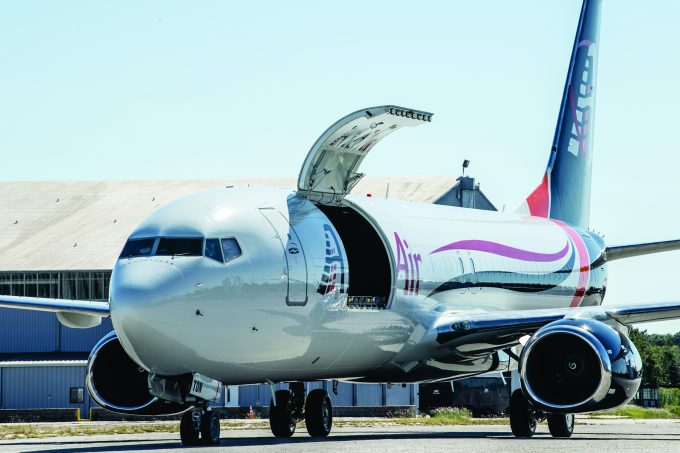Delayed arrival of freighters may prevent 'a bloodbath' in air cargo market
Only a trickle of large widebody freighters will join the global fleet this year and, ...

The suggestion that B737-800 conversions are oversupplied has been confirmed by experts at Aeronautical Engineers AEI).
According to Robert Convey, the firm’s SVP, sales and marketing, the situation is “serious”, and compounded by a lack of demand for those freighters.
Over ...

Comment on this article